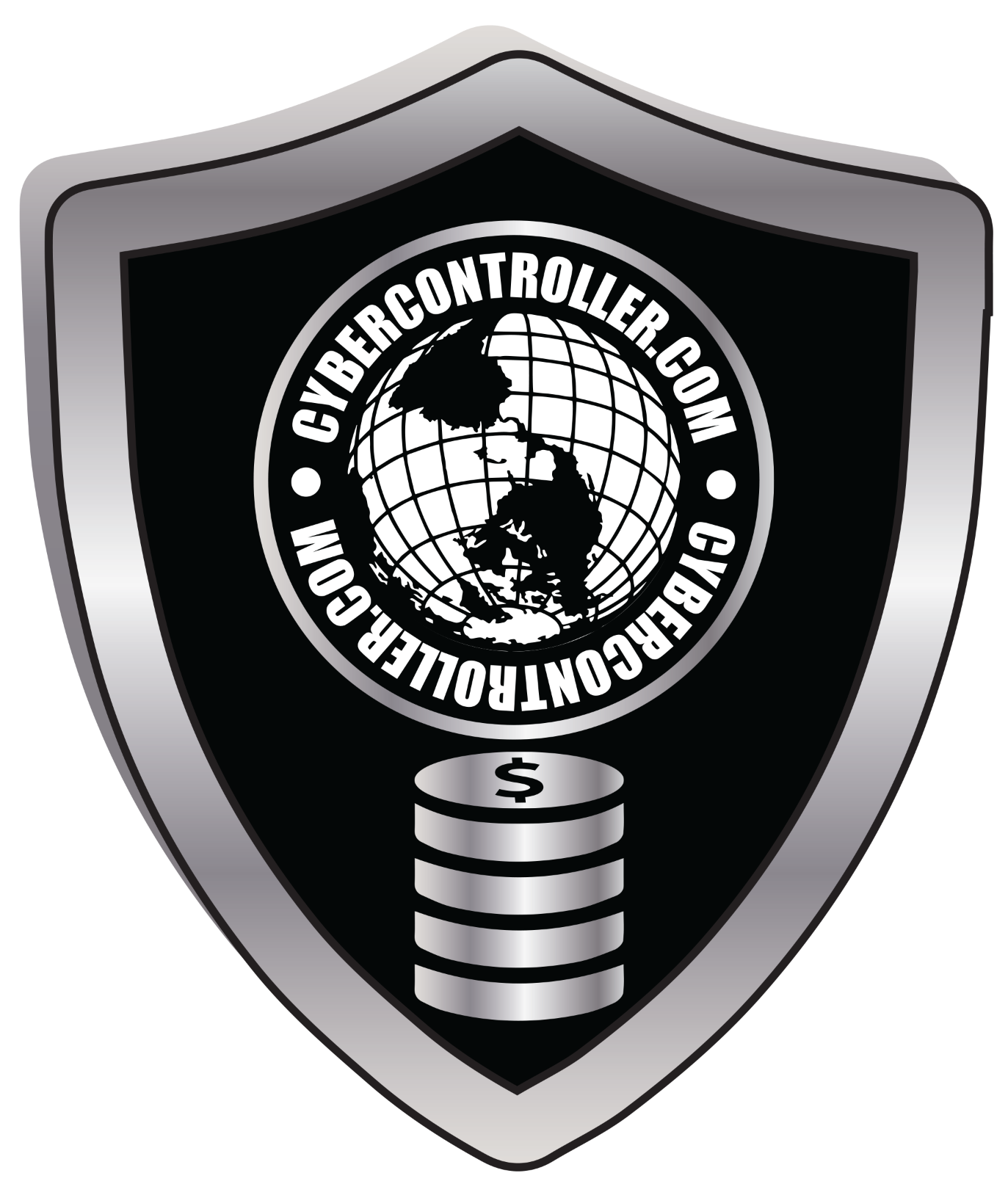Fixing your websites load times | Page Speed
In today’s world, time is everything. Time has always been everything. People who visit your website are there for one purpose: to acquire information. If it will take forever for your page to fully load and yield them the information they seek, they will hit the Back/Previous button and move on to another website.
If this goes on repeatedly, that means less conversion. Less conversion means less revenue.A lot of importance is placed on a websites page speed. Google announced your page speed will be a ranking factor in search engines. The time to optimize your website is now if you really hope to improve the number of visitors your page attracts.As Google stated, “A search result for a resource having a short load time relative to resources having a longer load time can be promoted in a presentation order — search results for the resources having longer load times can be demoted”. You see it’s not only revenue you stand to lose. Your search engine ranking is also on the line.
What’s slowing down your page speed?
- Render Blocking CSS
- Render Blocking JavaScript
- Slow Server Response Time
- Too many redirects
- Bad CSS Retrieval Methods
What you can do to improve your Page Speed
Compress Your HTML, JS and CSS files
Web Browsers spend more time rendering large page files. Page files larger than 150 bytes will slow down your page load speed. If you keep overlooking this you risk incurring penalties from Google resulting in low Search Engine Rankings. The reason your website is not included in the first two pages of Search Engine results is as a result of poor rankings. You can tackle this issue by compressing your HTML, JS, and CSS files. Use GZip for this purpose. It doesn’t work on graphics files though.
Optimize CS, JS & HTML Codes
You can make a significant impact on your page speed by removing unnecessary lines of code, including comments unnecessary characters and whitespaces in your CSS, JavaScript and HTML files. YUI Compressor is a great tool to optimize your CSS and JavaScripts files.
Utilize CDN’s
Content Delivery Networks bring your web files closer to your visitor. If you use CDN you ensure that whoever uses your website doesn’t spend a long time to retrieve your web page files. The nearest copy of your files is saved on you visitors devices. If your website is hosted by a company based on your location and someone several miles from you is using your page, they will be viewing a slow version of your site. Content Delivery Network eliminates this problem by storing your web files several servers across various locations ensuring a quicker delivery of your web files.
Frequently Asked Questions
Why is page speed important for my website?
Page speed is critical for user experience, conversions, and search engine rankings. Faster-loading pages retain visitors and improve engagement, while slow pages can lead to higher bounce rates and lower revenue.
How does page speed affect SEO?
Google uses page speed as a ranking factor. Websites with faster load times are more likely to rank higher in search results, while slower pages may be penalized, reducing visibility and traffic.
What are the common reasons for slow page speed?
Some common issues include:
- Render-blocking CSS and JavaScript
- Slow server response times
- Excessive redirects
- Poorly optimized code
- Inefficient file compression
How can I improve my page speed?
Here are some quick tips:
- Compress HTML, CSS, and JavaScript files using GZip.
- Minimize unnecessary code, comments, and whitespace in files.
- Use a Content Delivery Network (CDN) to serve content faster.
- Optimize images and graphics for web use.
What is render-blocking CSS and JavaScript?
Render-blocking resources are scripts or stylesheets that delay the loading of a web page. Optimizing these files by deferring or asynchronously loading them can improve page speed.

